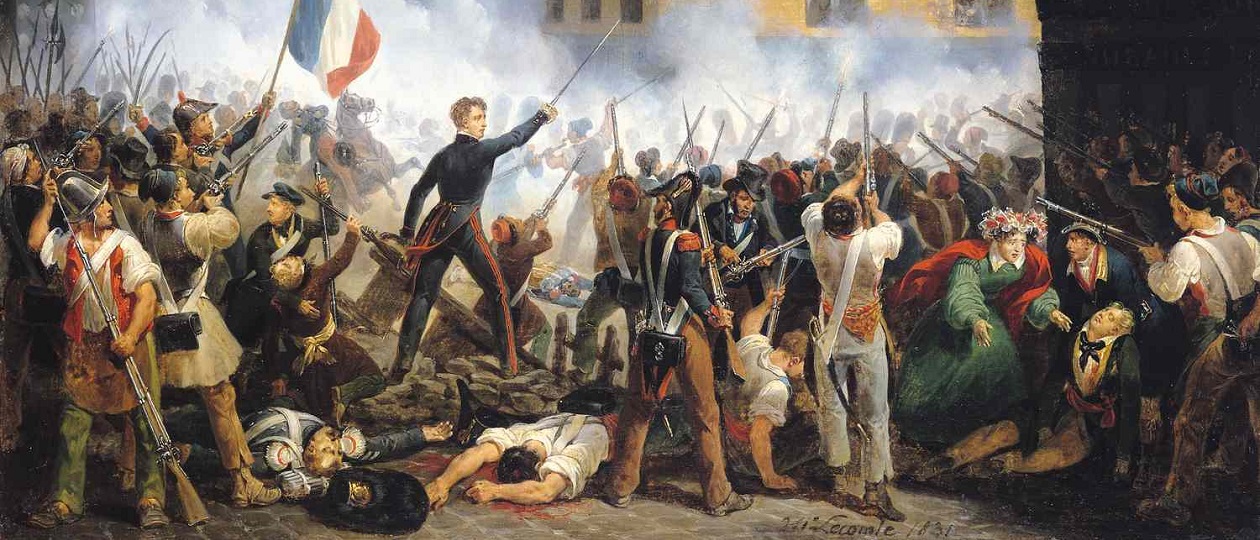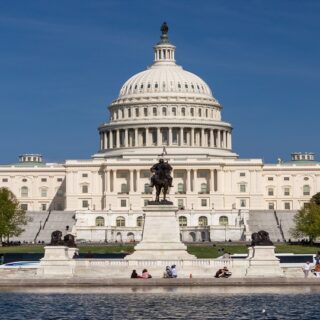
Just how unique was the French Revolution of 1789-1799?
Revolutions, uprisings, revolutionary wars, and other upheavals took place in many countries in Europe and the world beginning with a revolution in Geneva Switzerland in 1768 and ending with the overthrow of Emperor Napoleon Bonaparte in 1815.
Revolutions have many points of similarities, but the French Revolution occupies a unique place in the history of European revolutions beginning with the Geneva revolution of 1768 and ending with the Russian revolution of 1917-1922. The French revolution truly marks the beginning of modern history. All political ideologies have their roots in the French revolution. Our sense of belonging to a political or ethnic nation has its origins in this period. In fact, participants in the revolution continually struggled with how to define membership in the nation, what were expected norms of behavior for citizens, what criteria could exclude individuals and groups from membership in the nation. Women participated massively in politics for the first time in the French revolution. Even the religions that we practice today were strongly influenced by the revolution.
But we are still learning about the French revolution. Asked what he thought was the significance of the French Revolution, Chinese Premier Zhou En-lai is reported to have answered, “It’s too soon to tell.” “Two hundred years may still be too soon (or, possibly, too late) to tell”. (1, p. xiii)
Many of us first encountered the French revolution by reading A Tale of Two Cities by Charles Dickens, watching the movies based on this novel and movies like Marie Antoinette and the Scarlet Pimpernel. In 1789, the French government produced a two-part television mini-series to celebrate the bicentennial of the revolution. We can remember the epic moments like the storming of the Bastille prison on July 14, 1789 — Bastille Day is France’s national holiday. But novels and movies, along with many recent history texts, have also reminded us about the reign of terror in 1793-1794 when thousands of people from King Louis XVI and Queen Marie Antoinette to peasants were guillotined. Historians are still arguing about whether the terror was an aberration in the revolution or whether it was the logical outcome of the great moments of 1789.
The history of the French revolution is the history of many revolutionary, antirevolutionary and counterrevolutionary movements that ripped apart French society on political, social, religious, ethnic, linguistic, regional, local, gender, age, and other lines. The revolution became a massive civil war with the result that the French government often waged war against both external enemies and its numerous internal opponents. However, as late as the 1980s, historians were still arguing if the people — in whose name the revolution had been made — could possibly be counterrevolutionary. (2, p. 3)
Criticism of the French revolution has its challenges in France. The revolution is considered the founding moment in the nation’s history. The Constitution of the Fifth French Republic proclaims “The French people solemnly proclaim their allegiance to the rights of the person and the principles of national sovereignty as defined by the Declaration of the Rights of the Person in 1789. The constitution also proclaims that the national motto France is “Liberty! Equality! Fraternity!”, the slogan of the revolutionaries of 1789. (3, 4)
The revolution abolished all types of corporate privileges enjoyed by different groups or entities of the population and country. These included the privileges of the nobility, clergy, and other social groups, provinces, cities, and other entities. Any attempt in France today to grant special rights to a group or entity is regarded by most citizens as an attempt to restore corporate privileges abolished by the revolution.
A major example would be the rights of ethnic and linguistic minorities. France does have political parties calling for autonomy (self-rule) and independence for different regions. (5, 6) These parties and other movements have demanded rights for minority languages. However, making demands for the restoration of regional or provincial autonomy or even of independence and of the rights of ethnic and linguistic minorities would not only be seen as attempts to restore abolished corporate privileges. It would also lead people to recall how many inhabitants of certain regions—who often belonged to ethnic and linguistic minorities– participated in antirevolutionary and counterrevolutionary movements during the French revolution and how French society disintegrated. (7, pp. 158-159) The reign of terror included a “linguistic terror” in 1794 with the revolutionaries passing laws forbidding use of dialects of the French language and the languages of ethnic minorities. (7, pp. 161-162) Thus, the legacy of the French revolution profoundly shapes how people perceive special rights of ethnic, linguistic, religious, and racial minority groups and entities such as the departments and regions. Note that the revolutionaries abolished the historical provinces of France in 1790 and replaced them with departments.(8)
Any aspect of the history of the French Revolution can generate sharp debates in France. Excessive criticism of the reign of terror can be associated with condemnation of the revolution and with refusal to accept the basic values of the French political nation.
Refusal to accept the revolution and basic values of the French nation even today has serious consequences in France, especially during elections. Every antisemitic (anti-Jewish), anti-Muslim or anti-immigrant comment made by members of far-right political parties and movements easily conjures up, especially in the mass media, the specter of “that other France”. This is the France of those who hated the revolution, persecuted the Jewish army officer Alfred Dreyfus unjustly accused of spying for Germany, of those who collaborated with the Nazi occupiers in the Second World War, of the puppet Vichy state whose leader Marshall Henry Petain replaced the slogan “Liberty! Equality! Fraternity” with “Work! Family! Fatherland!”, of those who actively participated in the Jewish Holocaust. (8, p. 60)
It is not surprising that presidential and parliamentary elections in France often turn into referendums on the French revolution, because the guiding question in French elections is still “for what France are we voting?”
The memory of the French Revolution lives on in France. The next article will look at how some historians compare the French Revolution to other revolutions that happened between 1768-1815.
Sources Used
- Schama, Simon. Citizens: a chronicle of the French Revolution. New York: Knopf, 1989.
- Sutherland, Donald M. G. The French revolution and Empire: the quest for a civic order. Malden MA; Oxford: Blackwell Pub, 2003.
- Texte intégral de la Constitution du 4 octobre 1958 en vigueur.
- Declaration of the Rights of Man http://avalon.law.yale.edu/18th_century/rightsof.asp
- Federation des Pays Unis https://paysunis.org/
- Regions et Peuples Solidaires https://www.federation-rps.org/
- Рокки, Т. Сохранение региональных идентичностей в современной Франции: уроки истории (The Preservation of Regional Identities in Contemporary France: Lessons of History). // Дневник Алтайской школы политических исследовани. № 39. Сентябрь 2023 г. С. 157-166.
- Provinces of France before 1791 https://www.worldstatesmen.org/France_prov.html
- Рокки, Т. Политика памяти и имидж Франции: террор во Французской революции. (The Politics of Memory and the Image of France: Terror in the French Revolution). Дневник Алтайской школы политических исследовани. № 35. Сентябрь 2019 г., C. 59-65.





